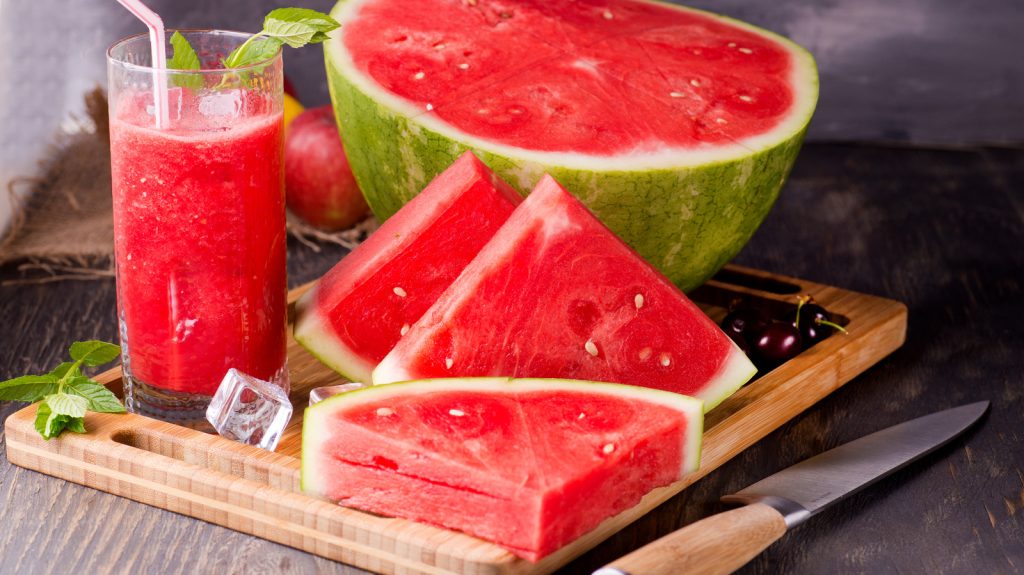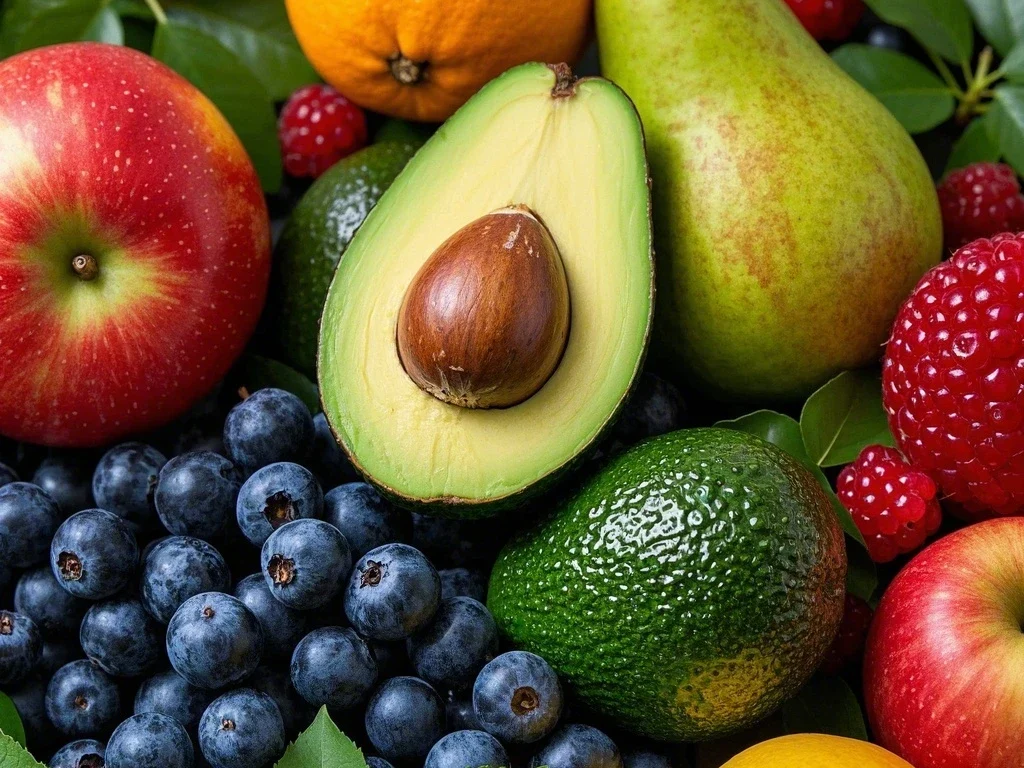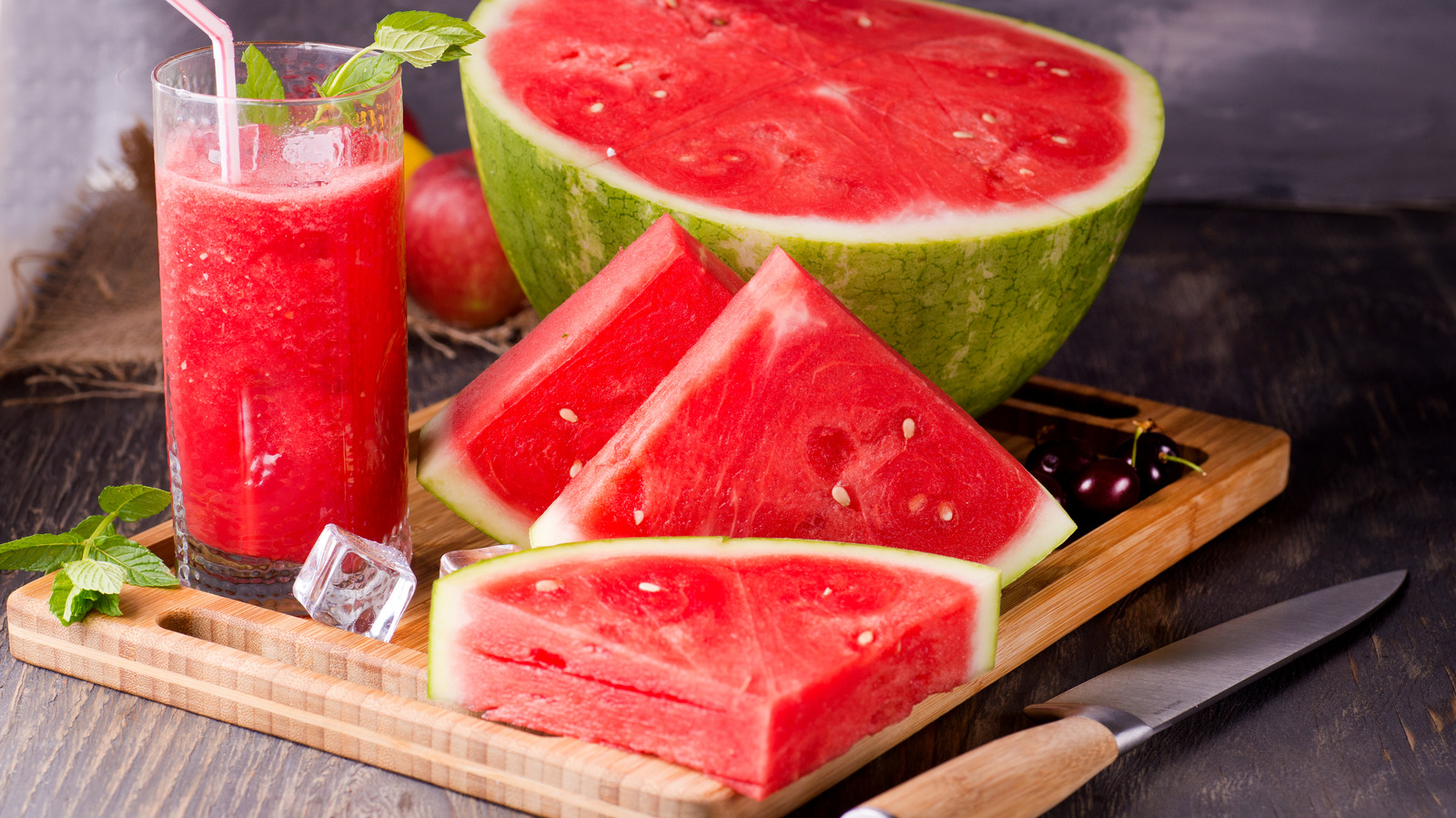Introduction: Can Diabetics Eat Watermelon?
Watermelon is a juicy, refreshing fruit, especially popular during the summer. However, many diabetic patients worry about its natural sugar content and its impact on blood sugar levels. Is watermelon good for diabetes, or should it be avoided?
In this article, we’ll explore the nutritional benefits of watermelon, its glycemic impact, and whether it fits into a diabetes-friendly diet.

1. Nutritional Profile of Watermelon
Watermelon is composed mostly of water (about 92%), making it low in calories. Here’s a breakdown of its key nutrients per one cup (150g) of diced watermelon:
- Calories: 46
- Carbohydrates: 11.6g
- Sugar: 9.4g
- Fiber: 0.6g
- Vitamin C: 14% of Daily Value (DV)
- Vitamin A: 11% of DV
- Magnesium: 4% of DV
Watermelon contains natural sugars, but it also provides hydration, vitamins, and antioxidants like lycopene, which may benefit overall health.
✅ Pro Tip: Pair watermelon with a source of protein or healthy fats (like nuts or Greek yogurt) to slow down sugar absorption.
2. Watermelon’s Glycemic Index vs. Glycemic Load
When discussing diabetes, two key concepts are glycemic index (GI) and glycemic load (GL):
- Glycemic Index (GI): Measures how fast a food raises blood sugar.
- Glycemic Load (GL): Considers both GI and portion size, giving a better blood sugar impact estimate.
Watermelon has a high GI of 72, meaning it can raise blood sugar quickly. However, because it contains a lot of water and fiber, its glycemic load is only 5 per 120g serving, which is considered low.
💡 What does this mean?
While watermelon has a high GI, small portions do not significantly spike blood sugar levels, making it a reasonable choice for diabetic patients when eaten in moderation.
3. Benefits of Watermelon for Diabetic Patients
Despite concerns about its sugar content, watermelon offers several health benefits for diabetics:
✅ Hydration: High water content prevents dehydration, which can worsen blood sugar levels.
✅ Rich in Antioxidants: Lycopene helps reduce inflammation and may lower the risk of heart disease.
✅ Supports Eye Health: Contains vitamin A, which promotes good vision.
✅ Aids Digestion: Watermelon has a small amount of fiber, supporting gut health.
However, it’s essential to be mindful of portion sizes.
4. How to Eat Watermelon Without Spiking Blood Sugar
If you have diabetes and want to enjoy watermelon without causing a blood sugar spike, follow these tips:
🥄 Control Your Portions: Stick to ½ cup to 1 cup per serving.
🥑 Pair It With Protein or Fats: Eating watermelon with cheese, nuts, or Greek yogurt helps slow sugar absorption.
🥗 Eat It With Other Low-GI Foods: Combine it with fiber-rich foods like leafy greens or chia seeds.
🚫 Avoid Watermelon Juice: Blended watermelon lacks fiber, making it raise blood sugar faster.
✅ Pro Tip: The American Diabetes Association recommends choosing whole fruits over fruit juices for better blood sugar control.
5. Are There Better Fruits for Diabetes?
While watermelon is safe in moderation, other fruits may be better choices for diabetic patients due to lower sugar content and higher fiber. Some great alternatives include:
🍏 Berries (strawberries, blueberries, raspberries) – Low in sugar, high in fiber and antioxidants.
🥝 Avocados – Low-carb, full of healthy fats, and help regulate blood sugar levels.
🍊 Citrus fruits (oranges, grapefruits) – Contain fiber and vitamin C, supporting overall health.
🍐 Pears and Apples (with skin) – High in fiber, promoting slower sugar absorption.
These fruits help stabilize blood sugar better than watermelon when consumed regularly.

Extra Tips for Managing Blood Sugar Naturally
Besides choosing the right fruits, here are additional tips for managing blood sugar effectively:
🥦 Eat a balanced diet with lean protein, fiber, and healthy fats.
🏃 Stay active daily with at least 30 minutes of walking or exercise.
💧 Drink plenty of water to prevent dehydration-induced blood sugar spikes.
🛑 Avoid processed sugars and opt for natural sweeteners like stevia instead.
🩸 Monitor blood sugar levels regularly to see how different foods affect you.
Additional Resources: Natural Support for Blood Sugar & Heart Health
If you’re looking for a natural way to support blood sugar balance, manage blood pressure, and maintain a healthy weight, consider GlycoBoost Blood Capsules.
Why Choose GlycoBoost?
✔ Clinically-Backed Ingredients – Made with rare, 100% natural ingredients, scientifically proven to help regulate blood sugar and blood pressure.
✔ Triple Action Formula – Supports healthy blood pressure, stabilizes blood sugar levels, and aids in weight management.
✔ Fast & Effective – Designed to provide rapid results, helping you regain control over your health.
💊 Who Can Benefit from GlycoBoost?
- Individuals diagnosed with Type 2 Diabetes
- Those struggling with high blood pressure & blood sugar
- People who are overweight and looking for natural weight management
- Anyone seeking a proactive approach to heart health
🔗 Learn more & get exclusive discounts here:https:Click Here
Conclusion: Can Diabetics Eat Watermelon?
Yes, diabetics can eat watermelon—but in moderation! While watermelon has natural sugars and a high glycemic index, its glycemic load is low when eaten in small portions.
To enjoy watermelon safely, stick to recommended serving sizes, pair it with protein or fiber, and avoid fruit juices. If you’re looking for more diabetes-friendly fruit options, consider berries, apples, or citrus fruits.
🔥 Special Offer for New Customers: If you’re looking for better ways to manage blood sugar naturally, there’s an exclusive discount for new users—try it out today!
🔗 Related Article:GlycoBoost: The Diabetes Solution Backed by Experts Like Dr. Oz and Dr. Barbara O’Neill;GlycoBoost: The Natural Solution to Stabilize Blood Sugar and Combat Diabetes

